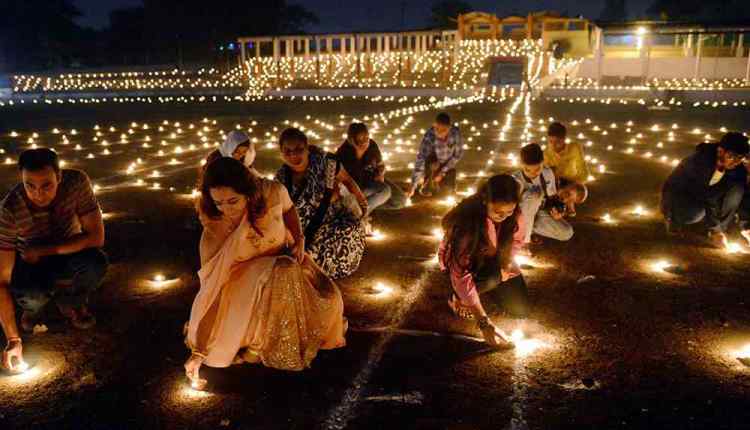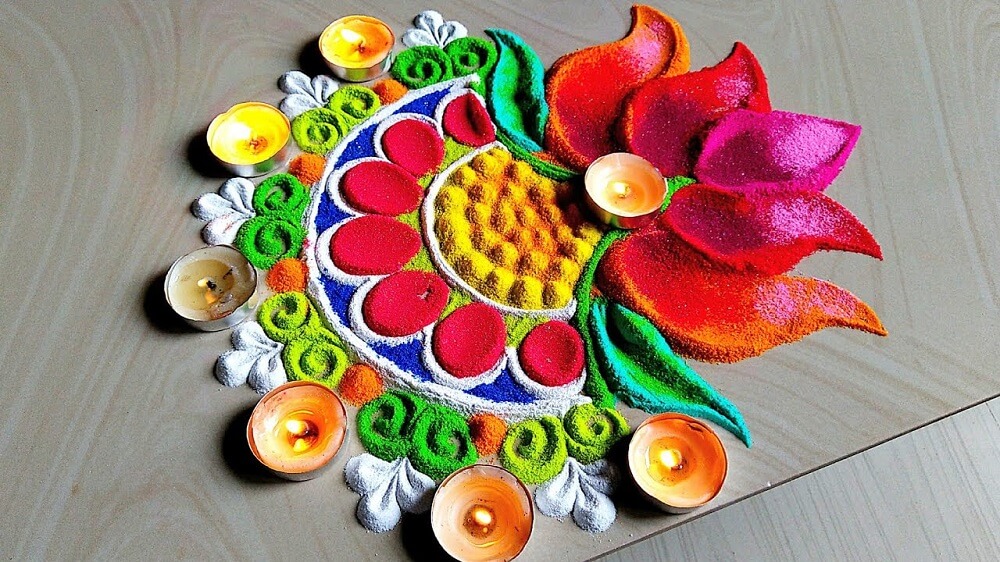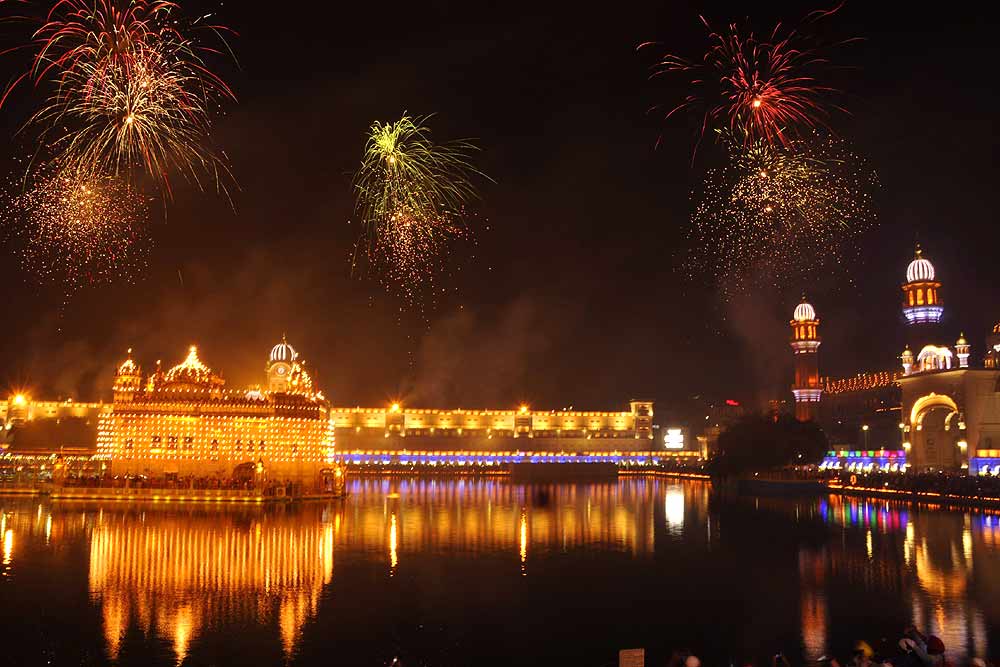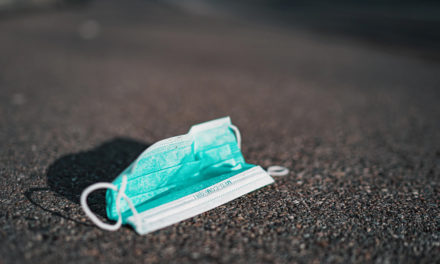What is Diwali?
Diwali is an important religious festival originating in India symbolising the spiritual victory of light over darkness, good over evil and knowledge over ignorance, otherwise known as the Festival of Lights.

Marking the start of the Hindu New year, Diwali is celebrated over five days in many countries across the world. The main day of the festival of Diwali is an official holiday in India, Fiji, Malaysia, Mauritius, Myanmar, Nepal, Pakistan, Singapore, Sri Lanka, Suriname, and Trinidad and Tobago whose streets are quite literally illuminated with dazzling lights and effervescent joy. Different traditions separate each of the five days, and the date of the festival changes every year as it is determined by the position of the moon, falling somewhere between October and November.
Rangoli is a popular Diwali tradition whereby beautiful patterns made using colourful powder, rice, sand and flowers are drawn on the floor at the entrance of a home to welcome the Gods and bring good luck.

Image Credit: Shaadidukaan
The word Diwali means ‘row of light’ in Sanskrit and involves people decorating their homes with lights and oil lamps called diyas. These lights are set to honour the Hindu goddess of wealth – Lakshmi, and the lights are said to assist her in finding her way into people homes to bring prosperity for the year ahead.
This vibrant festival is celebrated by thousands of people in countries across the world. It’s the perfect excuse to clean and decorate your home in preparation for the celebrations. Hindus who live outside of India often gather at places of worship called mandirs to leave offerings to deities. Diwali is a time to showcase your most vibrant garb, celebrate with friends and family, enjoy gifts and sweets, delicious traditional spreads and eye-popping firework displays.
What is the difference between Diwali and Deepavali?
Deepavali is the original name of the festival originating from Sanskrit Dīpāvalī meaning “Row of Lamps” or “Spreading of Light”. Diwali is simply a contraction of the word “Deepavali” thought to have emerged to simplify pronunciation, especially under the British rule.
Deepavali is a four-day festival and is celebrated in the South-Indian states. It falls on the lunar day before the full moon and involves bathing before sunrise each day. Diwali, however, is a five-day festival celebrated in the North-Indian states, it falls on the lunar day of the new moon and is celebrated by displaying diyas, lanterns and impressive fireworks.

Image Credit: Outlook India
How will Diwali be celebrated differently this year?
COVID-19 has seen annual events the world over being reconfigured to respect community boundaries and social distancing, and Diwali is no different. Even though India’s curve seems to be on the decline, authorities are encouraging revellers to stick to social distancing guidelines of 6-feet and wear masks to prevent any super-spreader situations. In more sensitive Indian states, namely Maharashtra, Karnataka, Kerala, Andhra Pradesh, and Tamil Nadu, festival events have been prohibited altogether, with people encouraged to celebrate in smaller groups inside their homes.
Feature Image Credit: The Sun
- Britain Set to Release the First Approved COVID-19 Vaccine in Coming Weeks - 6th December 2020
- 11 Most Cinematic Couples to Ever Grace the Silver Screen - 18th November 2020
- Iconic Brands That Have Prospered for Over 100 Years - 16th November 2020






